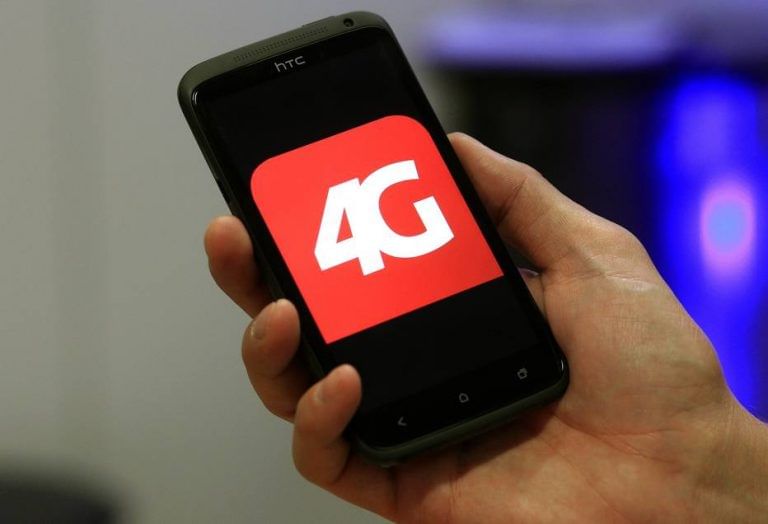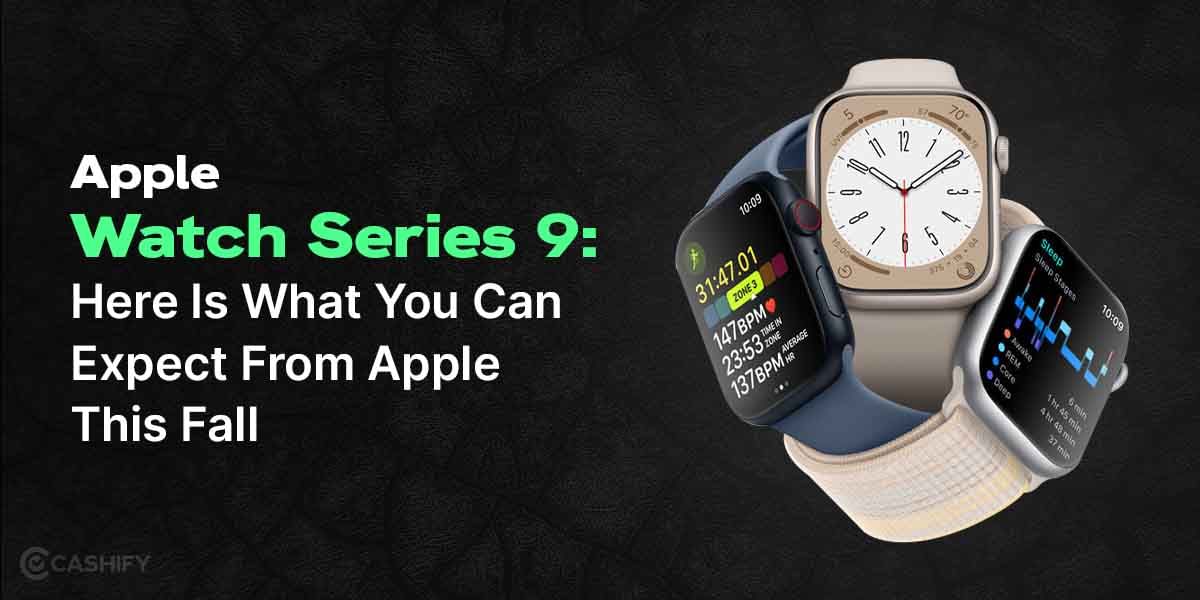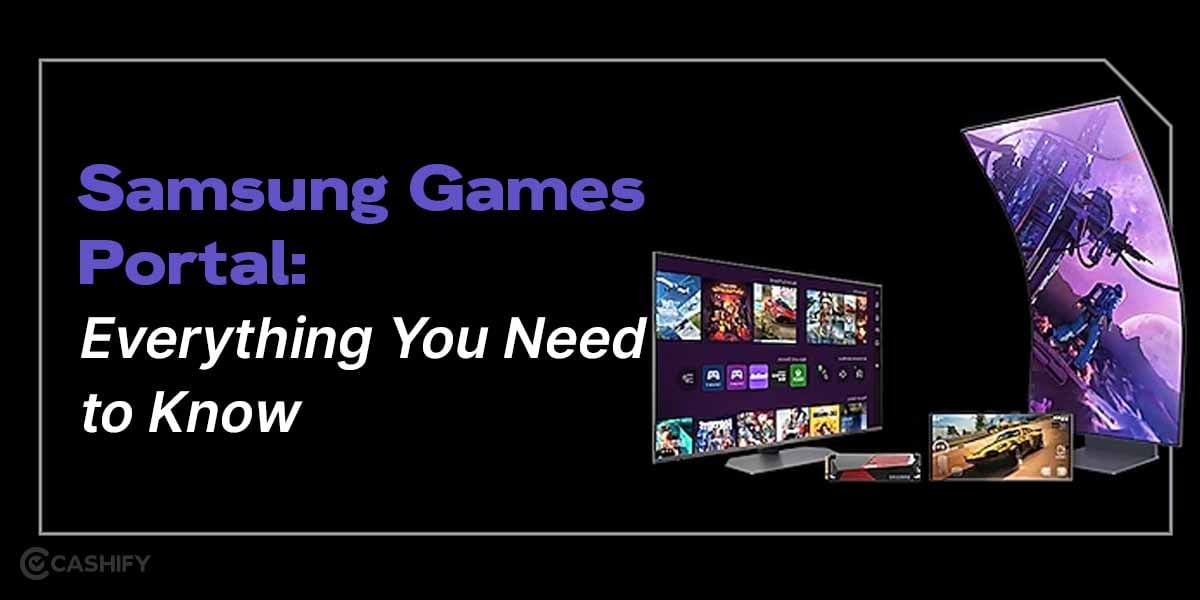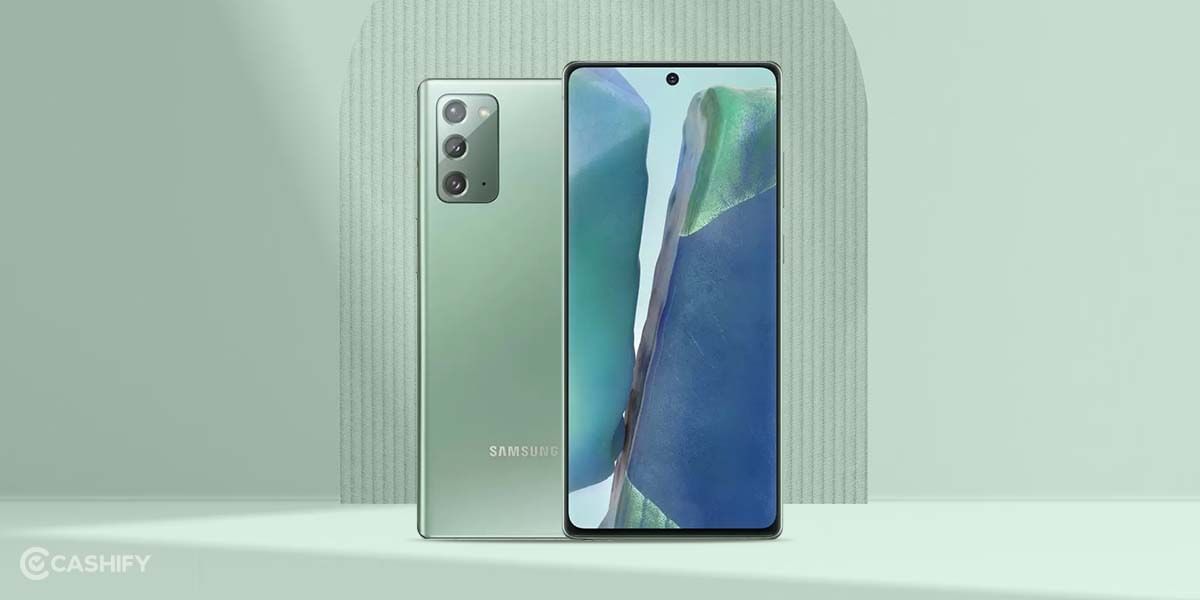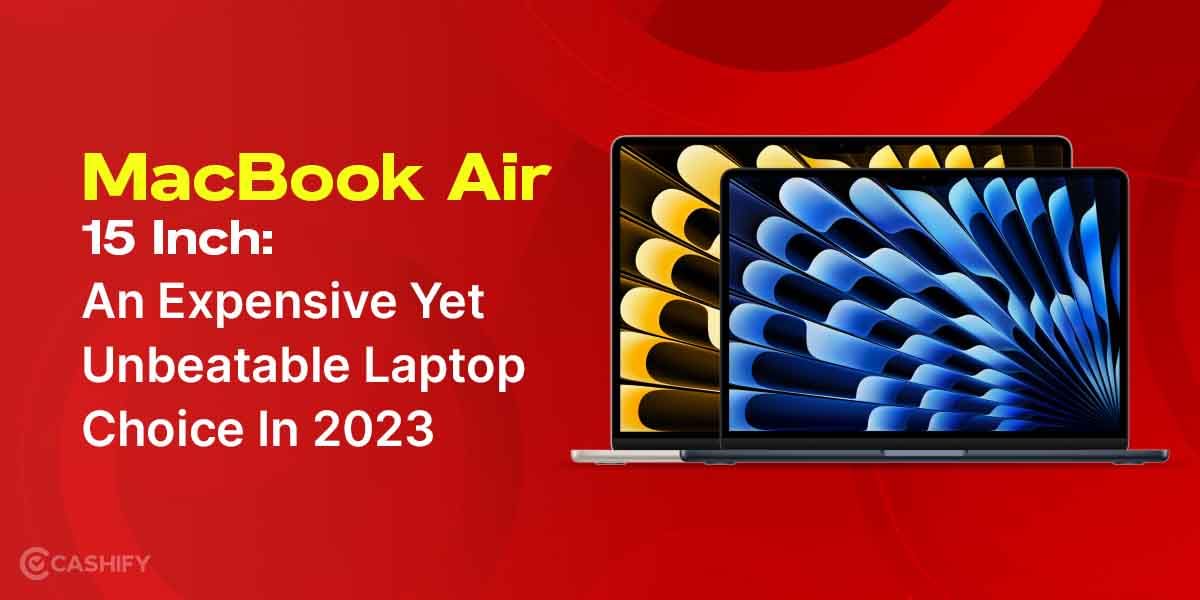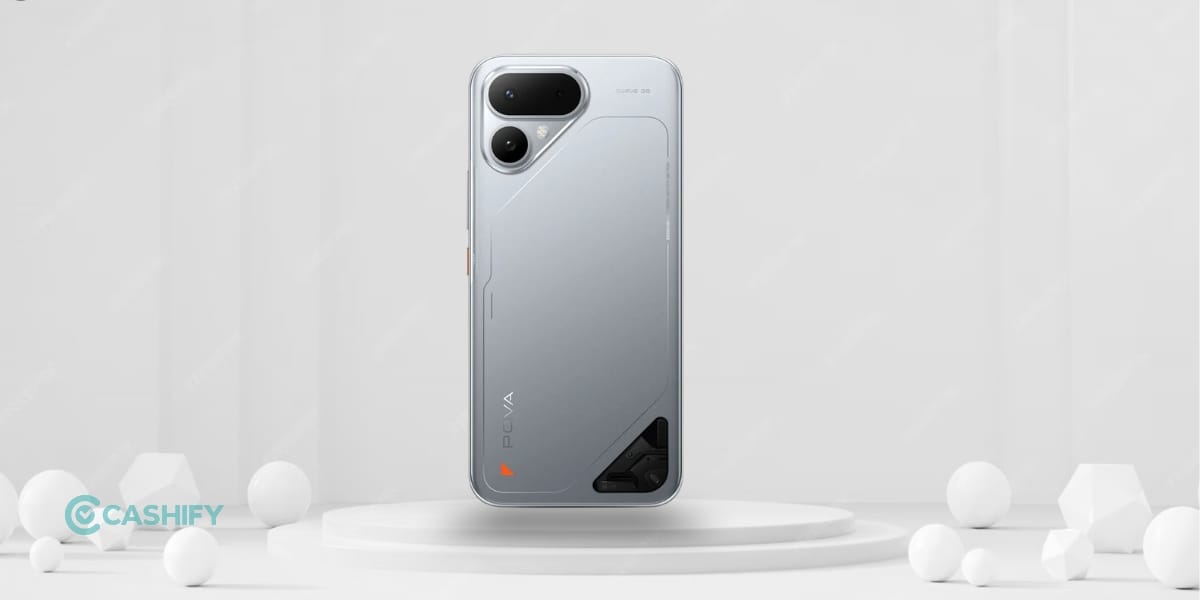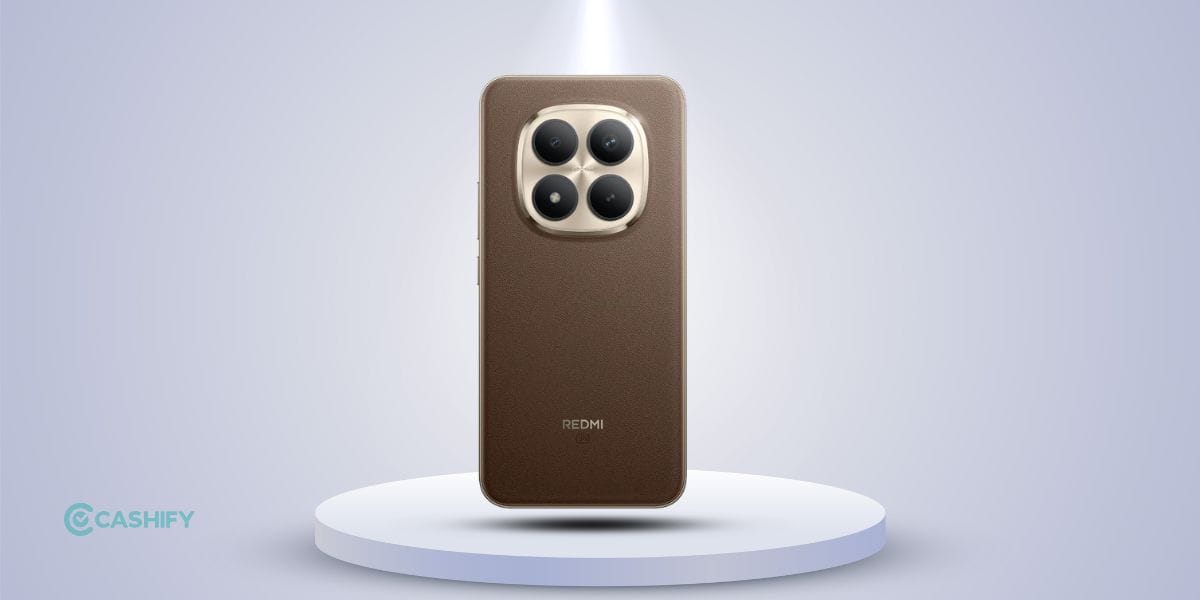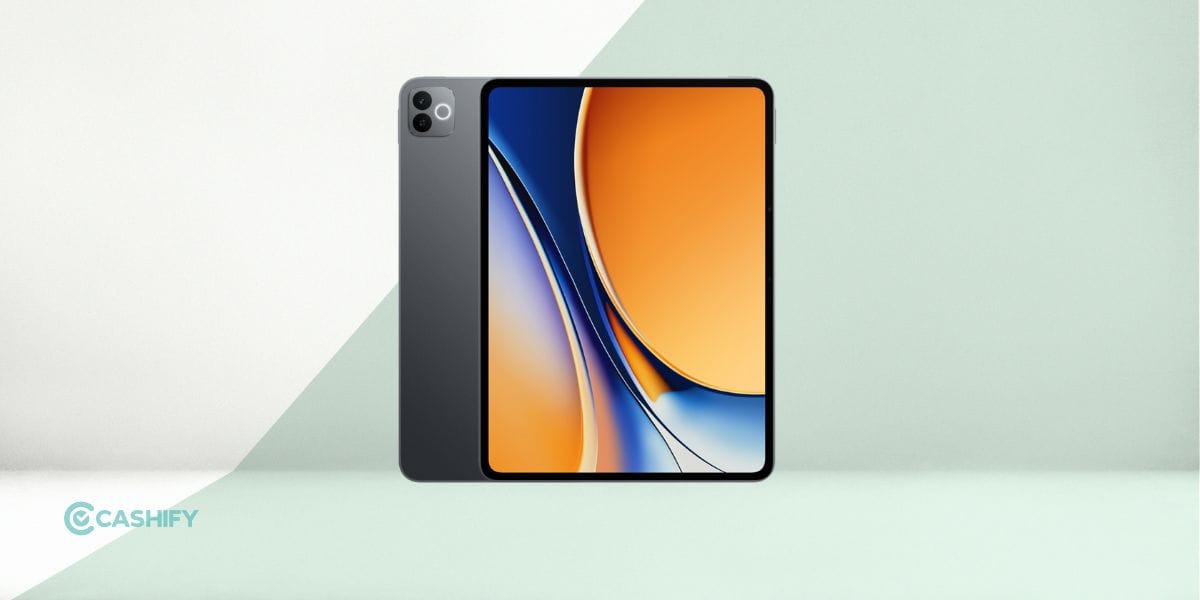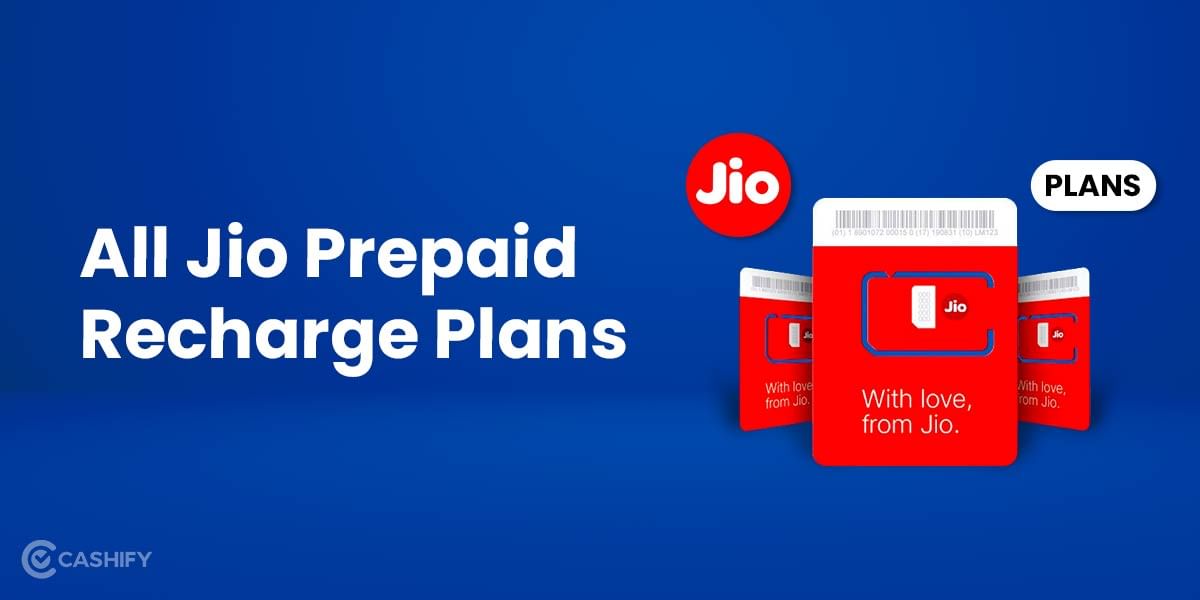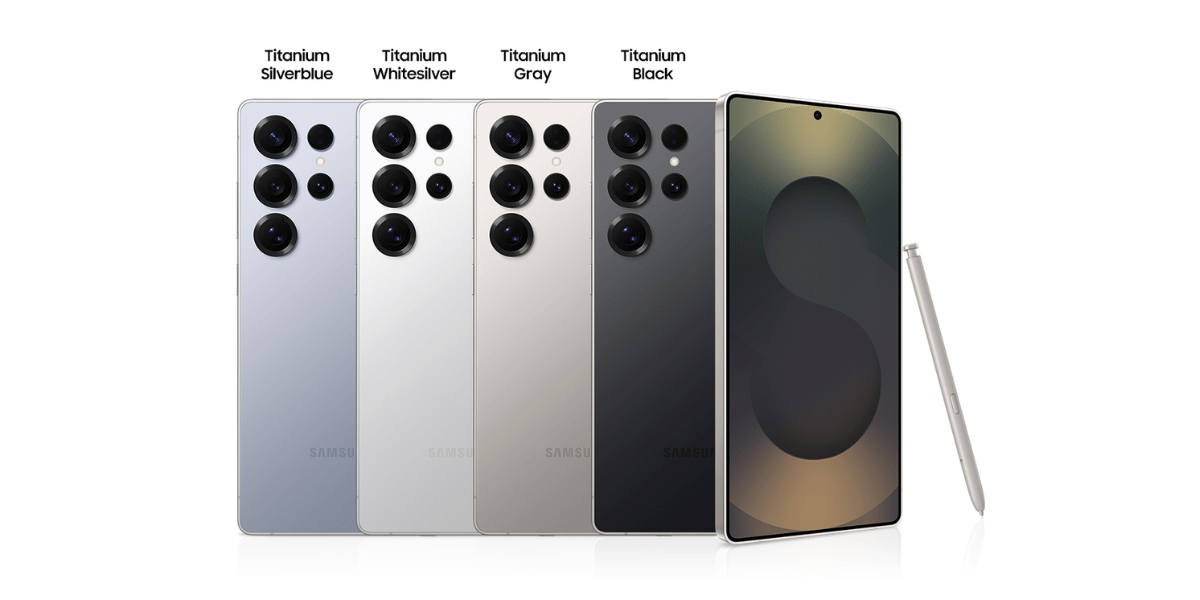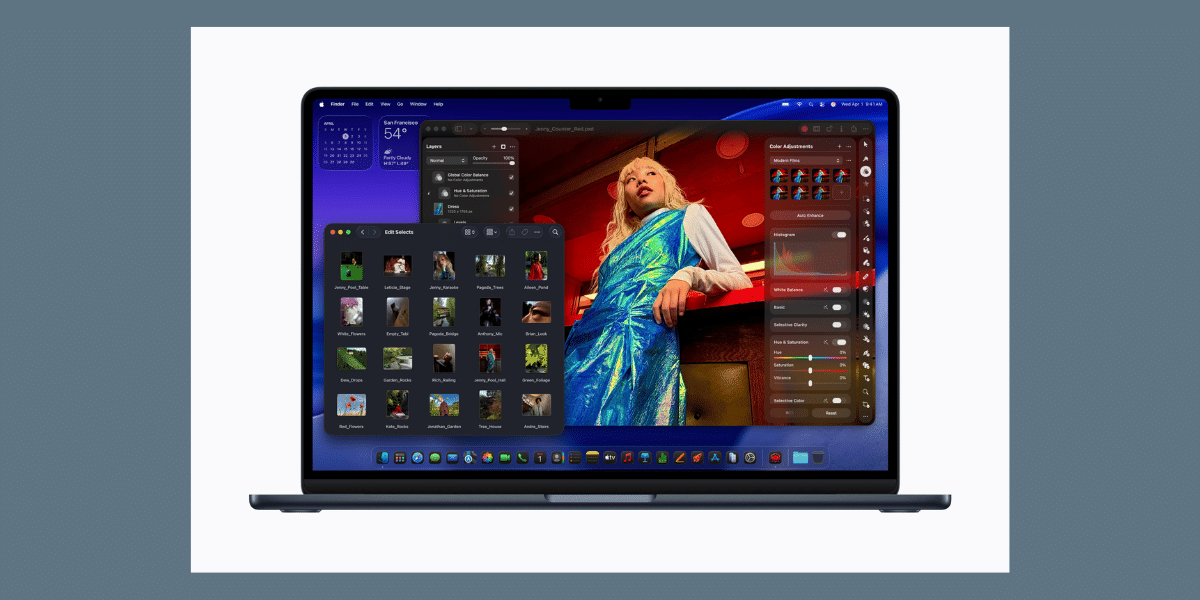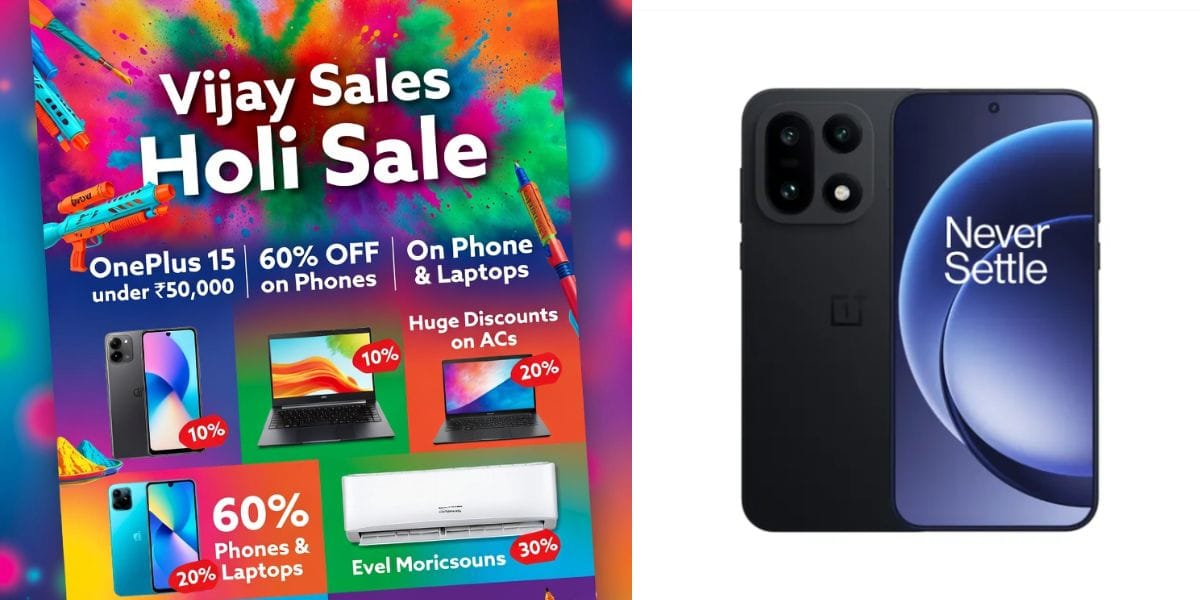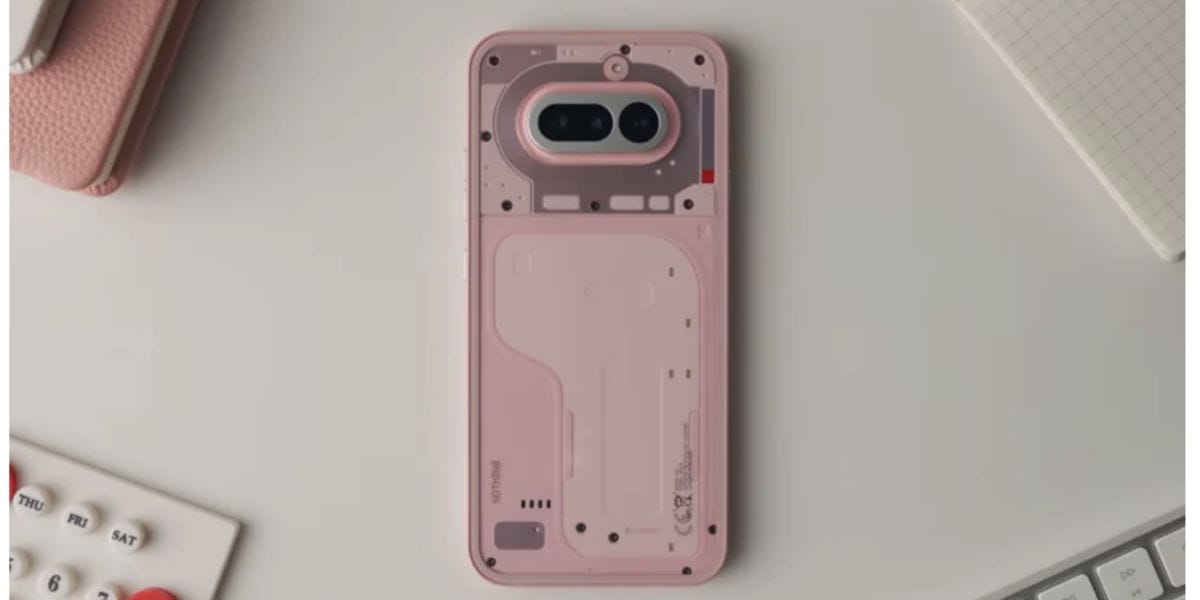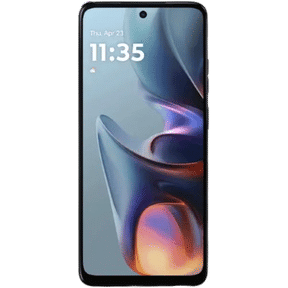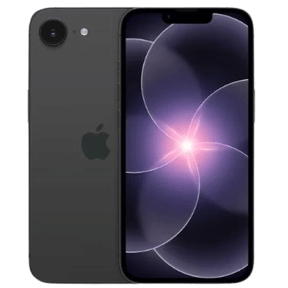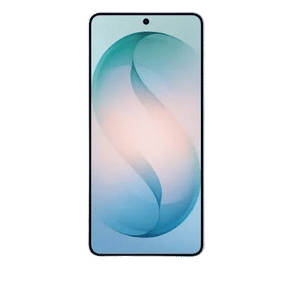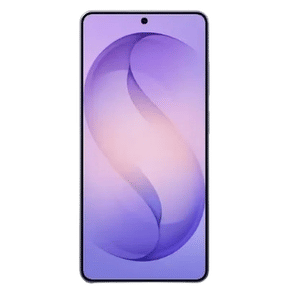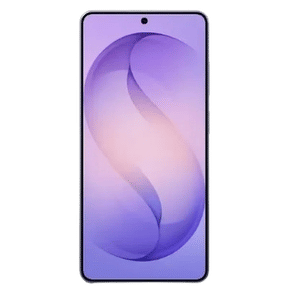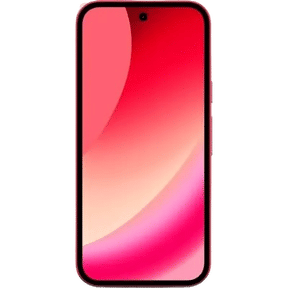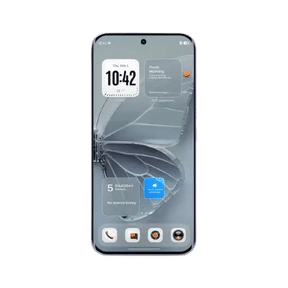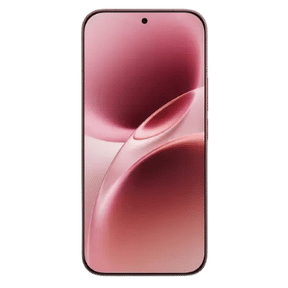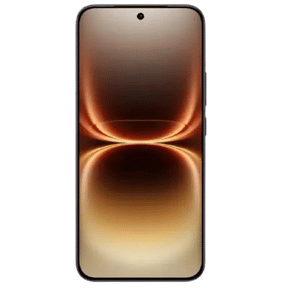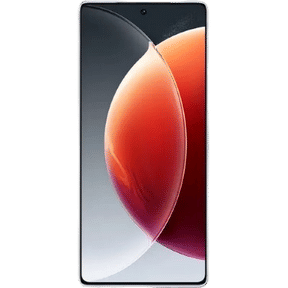Smartphones having a dual-camera system have established themselves in the smartphone world. This has added another question to prospective smartphones buyers – is a dual camera important? Or worth the potential additional cost? The answer to this question depends on how you use the camera. You cannot accomplish anything without an explanation of what a dual-camera system can, or cannot do. But how is it so different from a single-camera smartphone? In this article, we will talk about the difference between a dual-camera vs single camera.
Obviously “two” isn’t always better than “one”, because just adding more cameras does not necessarily mean great pictures. But it does mean that it can give you a better photo. However, isn’t it common sense that one better sensor could also give us the same result? Then why there is a need for the secondary camera along with the primary camera. Let us try to understand the key features to understand which is better between dual camera vs single camera:
Also read: Best mobile phones under 30,000
Bokeh
The feature was first introduced by HTC (HTC M8), perfected by Huawei (Huawei P9) and followed by Apple (iPhone 7+). Portrait photography refers mainly to the ability to take photos with a proper background blur called Bokeh, from a Japanese term). The blur makes the photo subject “pop” and brings focus to it, making for nice photo art.
Also read: Top Camera Smartphones
The camera could, in fact, take a bokeh photo in addition to a normal one. However, that would lead to a huge waste of space and may add processing time (lag) to the camera user experience.
Telephoto
It is quite obvious that at times, zooming is a natural thing to do when you want to frame a photo. Every single smartphone can actually use a digital zoom (magnifying the image). The cost is that you lose some resolution in the process. Telephoto gives the user a lossless 2X optical zoom.
Wide Angle
In the literal sense, wide-angle photography is quite the opposite of telephoto. Instead of wanting to get closer, the wide-angle gives you “more” of what’s in front of you. Wide-angle photography was first delivered as a second lens system on the LG G5 and subsequent phones (V20, G6).
What’s Better?
It’s not like single-lens systems are terrible. There are some tradeoffs with dual camera phones – sometimes manufacturers use lower quality lenses on both sensors. Some have even reported a loss in the sharpness of images since the two lenses may not align perfectly. But all this is likely a non-issue on higher-end smartphones doing this setup right.
It’s also obvious that dual-camera smartphones offer far more flexibility (and features) with your images. If you can get lossless zoom, wide-angle and telephoto with just another lens – why not go for it?
Right now, the only reason seems to be the cost. Most dual-camera setups are available on the higher end smartphones only (although that is fast changing – with phones like the Xiaomi A1 priced at just Rs 15,000). Of course – the A1 may not be the phone you want, in which case you may have to shell out some more. Here’s a tip: Sell your phone on Cashify before you upgrade to a dual-lens setup.
Update:
Best Dual Camera Phone – OnePlus Nord
Made available in glossy colours of Blue Marble and Grey Onyx, the OnePlus Nord provides great value for money. The phone has a clean UI, a 6.44” Full HD Plus Fluid AMOLED display with a refresh rate of 90Hz, up to 12 GB of RAM, up to 256 GB of storage, Qualcomm’s Octa-Core Snapdragon 765G processor, a 4,115mAh battery that supports Rap Fast Charging 30T and guarantees a good battery life, dual camera, bright colours, 5G and NFC supported, amazing viewing angles, great clarity and can multitask.
When it comes to the cameras, the phone does a good job. It has a quad-camera setup with a 48-megapixel primary camera, the second lens is an 8-megapixel wide-angle, 2-megapixel macro lens and a 5-megapixel depth sensor. There is a 32-megapixel and 8-megapixel dual front camera for taking selfies. If you are chasing after a good OnePlus photography experience without breaking your pocket, then this is the best smartphone with a dual camera.
Best Single Camera Phone – iPhone XR
The iPhone XR available in Red, Yellow, White, Coral, Black and Blue is the best single-camera smartphone out there. Apart from that, it is packed with upto 64 GB and 128GB capacity, Liquid Retina HD display of 6.1”, IP67 rating, A12 Bionic chip, 4K video recording facilities, 7-megapixel TrueDepth camera for facial recognition and a battery that lasts up to 1.5 hours longer than iPhone 8 Plus. The camera setup is quite simple with a 12-megapixel Wide single rear camera that enables portrait mode with advanced bokeh and Depth Control. The photos shot on this iPhone come out really well.



